
Agriculture
-
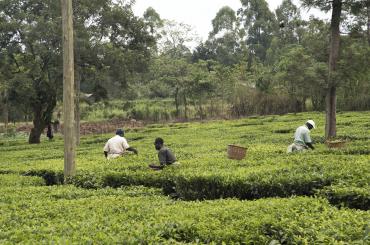
Agricultural Technology in Africa: Issue 2
-
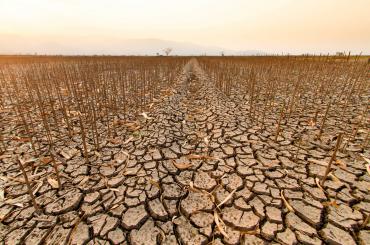
Strengthening climate resilience in agriculture
Climate change is increasing the severity and incidence of extreme weather events. How can policymakers help build farmer resilience to these shocks?
-
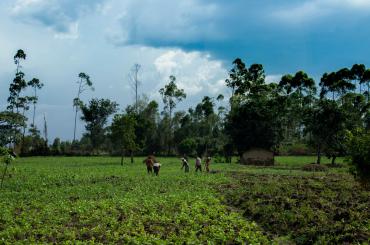
How supervisors nurture talent in organisations
Supervisors can nurture talent within organisations by passing on tacit production knowledge that improves workers’ performance. Evidence from Uganda shows that investments in supervisors as coaches can be a cost-effective way to boost worker product...
-

Smallholder farmers’ crop yields and productivity are failing to rise in sub-Saharan Africa
What has new evidence taught us about the evolution of smallholder agricultural productivity in sub-Saharan Africa over recent decades?
-

What can we learn from food economics?
Food economics holds important lessons about market power in supply and product markets, poverty and malnutrition, and farm size.
-
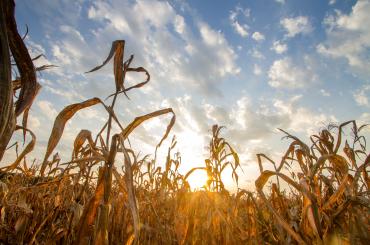
The feedback loop between climate change and agriculture
Anthropogenic climate change will likely intensify the negative environmental impacts of agriculture through powerful feedback loops. This has important implications for development research, policy and R&D investment.
-
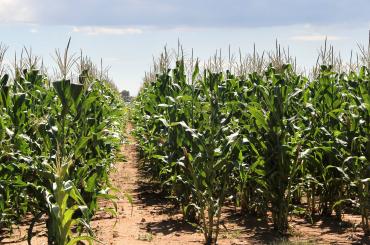
Farmers hold false beliefs about the seeds they grow – and it matters for efficiency
With more inputs, improved crop varieties can yield more. But do Ethiopian maize farmers know enough about their seeds to optimise fertiliser use?
-
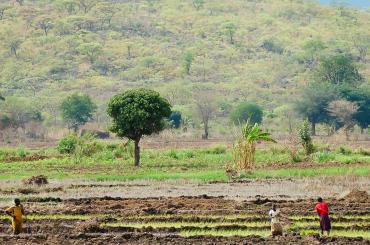
Applying insights from psychology to help farmers plan and save for the future
A participant-centred planning intervention, that prompted farmers to think through all potential income and expenditures using categorisation and labelling, leads to smoother consumption across seasons, more savings and higher farm yields for Zambia...
-

Gender disparities reduce agricultural productivity in developing countries
The misallocation of women’s talent, due to barriers to entering non-agricultural work, leads to sizable productivity losses